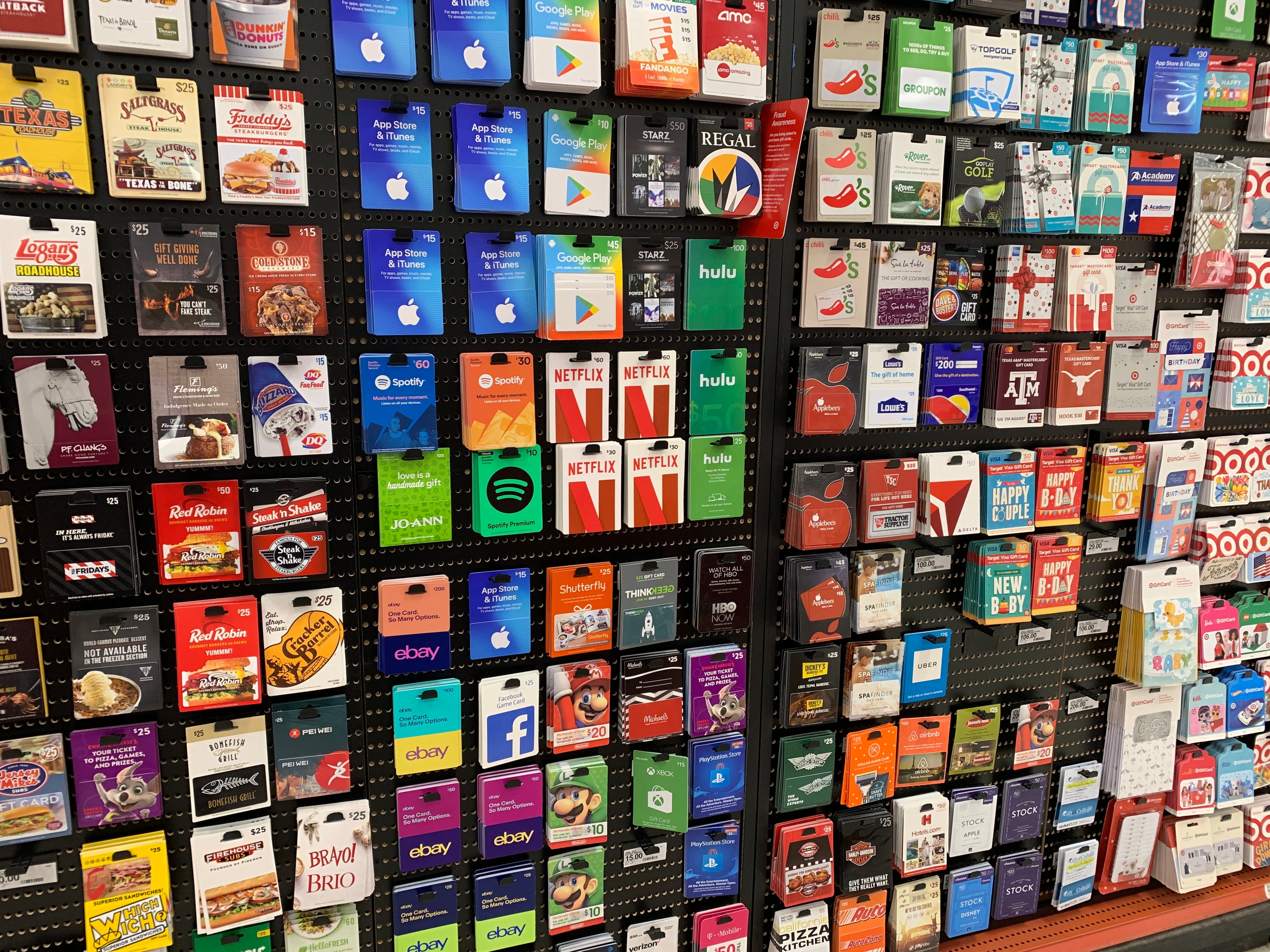If you’ve ever checked your credit card or bank account after a gas station purchase or during a hotel stay and noticed “pending” charges larger than what you’ve actually spent, then you’re likely well aware of what’s known as “holds.” A hold is an amount charged to your card when you pay for something that doesn’t have a set total, and it is required by card networks, including American Express, Visa and Mastercard, for certain purchases.
Holds allow the merchant to ensure that you have the money available for your purchase. Hotels use them as a way to protect themselves from paying for any damages guests may cause, which, in return, usually makes guests more respectful (which you should be anyway). Additionally, it also covers any incidental purchases you may charge to the room during your stay, such as meals in the hotel restaurant or spa services.
One thing I have noticed in my travels is that the more expensive hotels will authorize larger hold amounts compared to less expensive properties. Even if you’ve redeemed points for the stay, the hotel will want a card to place a hold on, so if you’re redeeming points for a premium, luxury property, be warned that the hold amount may be substantial.
Why are holds sometimes problematic? If you’re a new credit card holder and don’t have a large credit limit or you’re using a debit card and don’t have a ton of money in your checking account, holds can prevent you from making a purchase or completing a hotel stay or rental car booking — even if you do have the amount of money needed for the actual purchase. Here are five important things about holds you need to know.
Holds are different on credit cards vs. debit cards
When a hold is placed on a credit card, it affects your available credit line. These holds are lifted once the merchant has approved the final total. Assuming you have available credit and are not close to maxing out your card, it’s almost always better to put a hold on a credit card where your credit line is typically higher than your debit card balance. Using a rewards credit card also means you’ll earn points, miles or cash back for your completed transaction.
When a hold is placed on a debit card, it reduces your actual bank account balance. However, the length of the hold may vary, depending on whether you enter your PIN with the transaction. With non-PIN transactions, the payment goes through the credit card network and is processed within a few days of your purchase. This means you will not have access to your full account balance until the transaction clears. If you enter a PIN, the hold is often cleared right after the transaction because the funds are immediately deducted from your bank account.
Related: Credit vs. debit cards: Which is the smarter choice?
Ask the merchant about holds in advance
Avoid being surprised with a hefty hold and ask the merchant beforehand if there will be a hold, for how much and for how long. This will not only help you decide which card to put down but will also help you determine if you’ll need to do your spending on another card.
One instance where you may not think to ask is at a gas station. In the U.S., each gas station can determine the amount and length of the hold. This means that at some gas stations, the hold can be as low as $1 or $5, while at others, it can be $50 or $100. Some stations may have signage at the pump notifying you of the hold amount and length, but if not, you may want to walk inside and ask the cashier.

Daily Newsletter
Reward your inbox with the TPG Daily newsletter
Join over 700,000 readers for breaking news, in-depth guides and exclusive deals from TPG’s experts
Related: How to choose a hotel credit card
Know your available credit and balance
This is a very important thing to know before putting anything that requires a hold on your card because if you don’t have an available balance or any extra credit to spare, it could result in an overdraft or straight-up decline. Another thing to keep in mind is to not tie up too much of your credit or balance on a single card. If you know you’re going to have a large hold on your account — say, for a cruise reservation — consider asking for a credit line increase. If you’re not able to get that, be sure to put the hold on a card with the largest amount of unused credit.
Always have a few card options with you for instances just like this. Running into a problem could put a real damper on your travels, so come prepared. Check out our guide on the best travel credit cards to ensure you’re truly maximizing your travels.
Related: 3 things to do to boost your chances of getting an automatic credit limit increase
Pay with the same card to avoid extended holds
When you check into a hotel or rent a car, the agent will typically ask you for a card to have on file in case of incidentals. In some cases, debit cards may not be accepted, as the hold may be too large.
One thing to avoid is handing over one card for the hold but using a different card to make the final payment when you check out of your hotel or return your rental car. When you use two separate payment methods, it can sometimes take longer for the pending hold charge to be removed.
Related: How many credit cards should I have?
There may be ways to avoid holds on your accounts — but they’re not ideal
If you hate dealing with credit card holds and don’t want to worry about a limited credit line or balance, you could just pay in cash. You may still be asked for some sort of deposit at places like hotels, but usually, when you pay cash, that’s it. The downside of this is that you wouldn’t earn any points — and if you’re reading TPG, then you know we’re all about earning every point.
If you don’t want a hold to tie up your credit limit or impact the available cash in your bank account if using a debit card, using a gift card can be a potential solution. Using a travel rewards credit card to purchase gift cards in moderate amounts will likely allow you to still receive points, but you should refer to the rules of your credit card account to be sure.
You may be able to purchase gift cards, either from the merchant itself to use at a gas station by prepaying inside, for example, or directly from Visa, Mastercard or American Express that can be used anywhere. The balance on your gift card will need to be high enough to cover the potential hold if you pay at the pump, and you’ll have to keep track of any leftover funds on it to make sure to spend the full amount and avoid anything going to waste.
Unfortunately, using a gift card is unlikely to work for a hotel stay or any purchase where the merchant requires the name on the card to match your photo identification. You can use a gift card to pay your final bill at checkout, but you’ll need a credit or debit card in your name for the hold.
Related: What credit cards should you use to purchase gift cards?
Bottom line
When holds are placed on your card, they’re usually for a travel-related purchase. That’s why you should always use a card that earns bonus points for the category, like the Chase Sapphire Preferred® Card. These holds will go away and fall off much quicker on a credit card than on a debit card.
Related: 3 reasons you need a credit card with your favorite hotel brand



